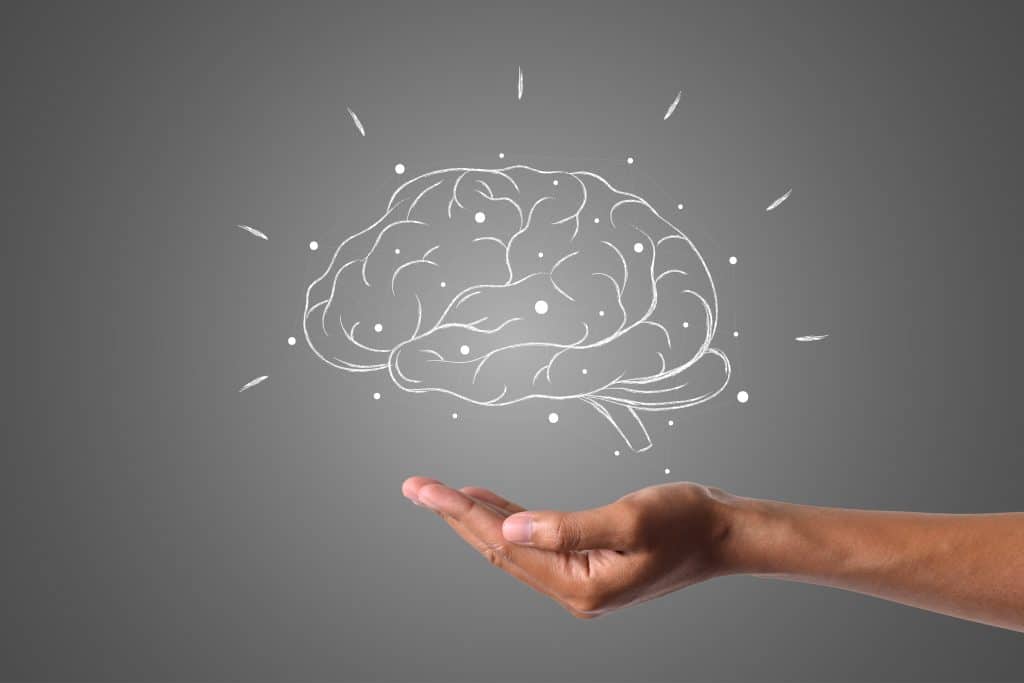In today’s fast-paced world, personal growth and self-improvement are more critical than ever. One way to truly understand and improve ourselves is through the power of metacognition. But what exactly is it, and how can we use it to change our daily habits? Metacognition refers to the awareness and control over one’s own thought processes. By developing this skill, we can take charge of our thinking, improve decision-making, and create habits that help us lead more fulfilled lives. But, like any skill, metacognition requires practice. And that’s where the idea of habits comes in. In this article, we’ll dive deep into how metacognition, when coupled with the right habits, can transform your mindset and ultimately, your lifestyle.

What Is Metacognition?
Metacognition is often described as “thinking about thinking.” It involves two key elements: understanding how we think and being able to regulate that thinking to achieve desired outcomes. Simply put, metacognition is about becoming aware of your thoughts, questioning them, and adjusting them to enhance learning, problem-solving, and emotional control.
Metacognitive practices can be applied in many areas of life. Whether you’re trying to improve productivity, manage stress, or enhance learning, metacognition plays a critical role in all of these domains. When used properly, it gives us the ability to reflect on our behavior and thought patterns, enabling us to make more informed and mindful decisions.
Why Habits Matter in Metacognition
Habits are the unconscious patterns of behavior that we perform daily. From brushing our teeth to checking social media, habits shape our lives in ways that often go unnoticed. But when it comes to metacognition, habits can either hinder or support our cognitive growth. That’s why it’s crucial to develop habits that encourage mindfulness and self-awareness.
When we make metacognition a regular practice, it becomes a habit in itself. For example, setting aside time each day to reflect on your thoughts, actions, and decisions can build a habit of self-awareness. By doing so, you can begin to identify automatic thought patterns and challenge any that are unproductive or harmful. The good news is that by reinforcing metacognitive habits, they become second nature over time, just like any other routine.
The Connection Between Metacognition and Lifestyle Changes
Improving your metacognitive skills can lead to profound changes in how you live. Here are some ways that metacognition, when combined with effective habits, can influence your lifestyle:
1. Enhanced Problem-Solving Skills
Metacognition can improve problem-solving by allowing you to step back and evaluate how you approach a problem. Instead of reacting impulsively, you can analyze your options, think critically about possible solutions, and make a more informed choice. The habit of pausing and reflecting before acting, even in stressful situations, can drastically improve decision-making over time.
2. Increased Emotional Intelligence
Metacognitive practices are closely tied to emotional regulation. By becoming aware of your emotional responses and their triggers, you can develop greater emotional intelligence. This helps you control reactions, respond to situations calmly, and engage with others more thoughtfully. The habit of checking in with your emotions regularly can improve relationships and create a more balanced lifestyle.
3. Stronger Focus and Attention
Metacognition can enhance your ability to focus. By understanding how your mind wanders and why, you can take steps to bring your attention back to the task at hand. This is particularly helpful when trying to build new habits, as consistent focus is required to make those habits stick. As a result, cultivating the habit of mindfulness will improve your productivity and reduce distractions.
4. Increased Self-Awareness and Reflection
Self-awareness is the cornerstone of personal growth. Regular metacognitive reflection helps you become more aware of your strengths, weaknesses, and areas for improvement. This type of awareness fosters a growth mindset, allowing you to view challenges as opportunities for growth instead of setbacks. The habit of regularly journaling or taking time to reflect on your day can solidify this self-awareness over time.
How to Cultivate Metacognitive Habits
Building metacognitive habits doesn’t happen overnight. It requires intentional practice and patience. Here are some practical strategies to help you get started:
1. Set Aside Time for Daily Reflection
Make a habit of setting aside a few minutes each day to reflect on your thoughts, actions, and decisions. Ask yourself questions like: “Why did I react that way?” or “What could I have done differently?” Over time, this will help you gain insight into your habitual thought patterns and behaviors, which is the first step toward change.
2. Mindful Observation
Observe your thoughts without judgment. For example, when you’re feeling anxious, instead of diving into the anxious thoughts, simply observe them. “I am feeling anxious about this situation,” you might say to yourself. This allows you to gain some distance between yourself and your emotions, preventing automatic reactions.
3. Create a “Thought Journal”
Journaling is a powerful tool in metacognition. Set a habit of writing down your thoughts daily. Use your journal to track patterns in your thinking, identify any cognitive distortions, and reflect on ways to improve your thought processes. This will help you gain clarity and make better decisions moving forward.
4. Practice Self-Talk
Self-talk is another metacognitive tool that can help reframe negative thought patterns. Whenever you catch yourself thinking something negative, try to reframe it with a positive or neutral perspective. Over time, this habit can rewire your thinking and help foster a more optimistic mindset.
The Power of Habit in the Metacognitive Process
Building metacognitive skills requires consistency, and habits are the key to achieving that consistency. The more you make metacognition a regular part of your day, the easier it becomes. Over time, it becomes a powerful tool for self-improvement and leads to better decision-making, emotional regulation, and problem-solving.
However, just like with any habit, persistence is important. Habits that are built around metacognitive practices will gradually lead to personal transformation. By focusing on building the right habits and enhancing your self-awareness, you can make metacognition a natural part of your life, ultimately transforming the way you think, live, and grow.
Conclusion
The relationship between metacognition and habit formation is clear: to build better habits, you need to first understand how your mind works. By cultivating self-awareness and actively reflecting on your thought processes, you can make smarter decisions and embrace a lifestyle of continuous improvement. Start small, build gradually, and remember—metacognition, like any skill, is honed over time. With patience and persistence, you can make powerful changes that will impact every aspect of your life.
References:
- Brown, A. L., & Palincsar, A. S. (1982). Inducing effective study strategies: A metacognitive perspective. Educational Psychologist, 17(4), 235–254. Available at: https://www.tandfonline.com (Accessed: 31 July 2025).
- Flavell, J. H. (1979). Metacognition and cognitive monitoring: A new area of cognitive–developmental inquiry. American Psychologist, 34(10), 906-911. Available at: https://psycnet.apa.org (Accessed: 31 July 2025).
- Schraw, G. (1998). Promoting general metacognitive awareness. Instructional Science, 26(1–2), 113–125. Available at: https://link.springer.com (Accessed: 31 July 2025).









